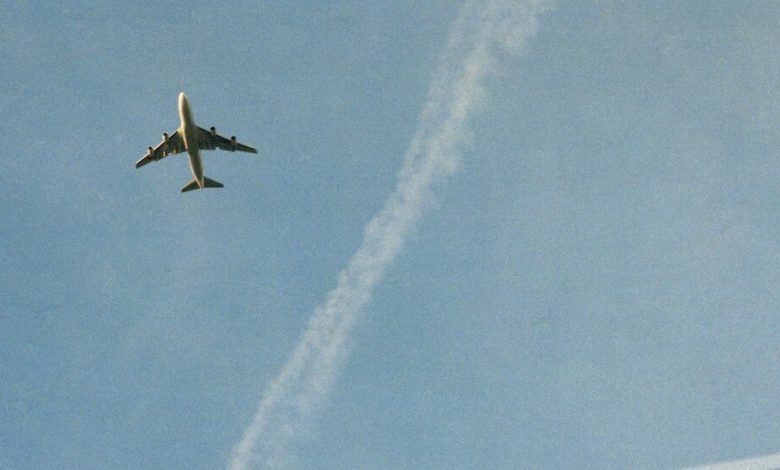You Don’t Need to Freak Out About Boeing Planes (but Boeing Sure Does)

“Ah, it’s a Boeing Max,” I exclaimed to my travel companions after we boarded our plane a few weeks ago. I looked to see if we were seated next to a hidden door plug panel like the one that blew out on Alaska Airlines Flight 1282 in January. We weren’t, but joining a trend on social media, we cracked a few jokes at Boeing’s expense: “Maybe they can charge extra, saying it’s potentially an even bigger window seat.”
The Federal Aviation Administration recently informed the passengers on that ill-fated Alaska Airlines flight that they may have been crime victims. The agency hasn’t explained why, but Boeing has told the Senate that it cannot find documentation of exactly how the door plug was removed and reinstalled, even though the company acknowledged it is supposed to have kept such records. Facing all this, the company announced last week that it was replacing its chief executive. But the bad news wasn’t over: On Thursday, a New York Times investigation reported a disturbing pattern of sloppy safety procedures and dangerous cost-cutting. One expert who had spent more than a decade at Boeing told The Times, “The theme is shortcuts everywhere — not doing the job right.”
Is it any wonder that some travelers are trying to avoid Boeing planes? Kayak, the travel booking site, noticed an uptick in the number of people trying to weed them out; it recently made that search filter more prominent and even added an option to specifically avoid certain models.
Boeing’s problems, great as they are, are just one reason that consumers might be wary of taking flight. United Airlines now also faces scrutiny for a series of safety incidents, although many experts say the issues there do not appear to be systemic. The biggest danger of all may be understaffed air traffic controllers and overstuffed runways, which lead to far too many near misses.
Personally, I am not worried about flying and other than cracking some ill-advised jokes, I have not changed my behavior. That’s why I hadn’t bothered to check whether I’d be flying on a Boeing Max, or any type of Boeing plane, until after I boarded.
The trajectory of Boeing as a corporation, however, is another matter. It’s going to take a lot more than a shuffle at the top to fix that company’s problems. But the fact that Boeing managed to cut as many corners as it did is testament to the layers and layers of checks, redundancies and training that have been built into the aviation industry. Aviation safety is so robust because we made it so.
